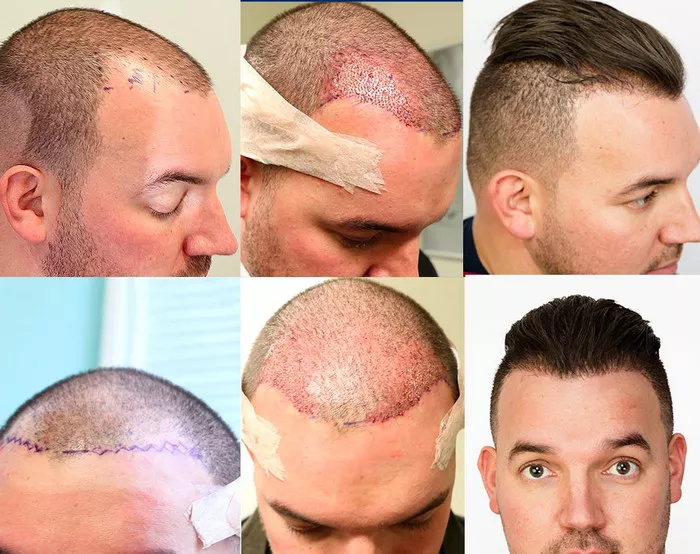Hair transplant procedures have gained popularity as a way to address hair loss and regain confidence. For military service members and their families covered under TRICARE, it’s natural to wonder whether this healthcare program extends coverage to hair transplant treatments. In this article, we’ll explore the details regarding TRICARE’s stance on covering hair transplant procedures.
What is TRICARE?
TRICARE is a comprehensive healthcare program provided by the United States Department of Defense (DoD) that offers medical coverage to active duty service members, veterans, and their eligible family members. It encompasses a range of health plans, including TRICARE Prime, TRICARE Select, and other options, which provide access to medical services, prescriptions, preventive care, and specialty treatments. TRICARE aims to ensure that military personnel and their families receive essential medical care, both in military treatment facilities and through civilian healthcare providers. Coverage options and eligibility criteria may vary, providing healthcare solutions tailored to the diverse needs of the military community.
What Is TRICARE Covered?
TRICARE covers a wide range of medical services and treatments for eligible military personnel, veterans, and their families. The coverage provided by TRICARE can vary depending on the specific plan you’re enrolled in. Here are some of the common types of services that TRICARE may cover:
1. Primary Care Services:
This includes visits to general practitioners or family doctors for routine check-ups, vaccinations, and treatment of common illnesses.
2. Specialist Care:
TRICARE often covers consultations and treatments provided by specialists, such as dermatologists, cardiologists, orthopedists, and more.
3. Prescription Medications:
TRICARE includes coverage for a wide range of prescription drugs, both generic and brand-name, through military treatment facilities, retail pharmacies, and mail-order services.
4. Emergency Care:
Emergency medical services, including visits to the emergency room and ambulance services, are typically covered.
5. Hospitalizations:
Inpatient hospital stays for medically necessary procedures or treatments are covered under most TRICARE plans.
6. Maternity Care:
Prenatal care, childbirth, and postpartum care are generally covered, with options for both military treatment facilities and civilian providers.
7. Mental Health Services:
TRICARE often provides coverage for mental health assessments, counseling, therapy, and treatment for mental health conditions.
It’s important to note that TRICARE offers several different plans, each with its own specific coverage options, network providers, and costs. Before seeking medical services, it’s recommended to review the details of your specific TRICARE plan and check for any pre-authorization requirements or referrals that may be needed. Coverage may also be subject to change, so it’s advisable to stay informed about updates and changes to the TRICARE program.
Does TRICARE cover hair transplant surgery?
TRICARE’s coverage of hair transplant surgery is typically limited. Hair transplant procedures for cosmetic purposes are generally not covered, as they are considered elective. However, in cases where hair loss is due to medical conditions or trauma, and the procedure is deemed medically necessary by a healthcare professional, TRICARE may provide coverage on a case-by-case basis. It’s important to consult your specific TRICARE plan and discuss your situation with a healthcare provider to determine if your hair transplant surgery might be eligible for coverage based on medical necessity.
See Also: How Much Are Facial Hair Implants? Exploring the Cost
Exploring Alternative Options
While TRICARE may not cover hair transplant procedures for cosmetic purposes, it’s worth exploring alternative options. Some insurance plans might provide coverage under specific circumstances. Additionally, individuals interested in addressing hair loss could consider treatments such as medications, topical solutions, or non-surgical procedures that might be covered by TRICARE or other insurance plans.
Conclusion
In conclusion, TRICARE’s coverage for hair transplant procedures primarily depends on whether they are deemed medically necessary rather than cosmetic. While cosmetic procedures are generally not covered, exceptions can be made for cases where the procedure is necessary to address medical conditions or trauma-related hair loss. If you’re considering a hair transplant and are covered by TRICARE, it’s recommended to consult with a healthcare provider and your insurance administrator to better understand your coverage options and any potential requirements for documentation.


